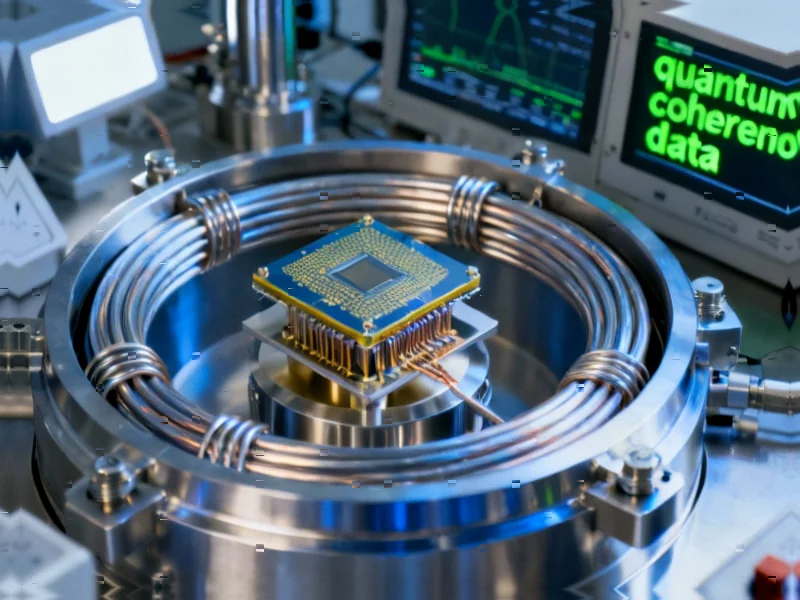According to Gizmodo, Google CEO Sundar Pichai admitted in a BBC interview that the AI boom contains “elements of irrationality” while still defending its long-term potential. He compared the current situation to the dot-com bubble that wiped out $5 trillion in market value, acknowledging that the industry “overshoots collectively” during investment cycles. Pichai revealed the tech industry is pouring “well over a trillion dollars” into AI infrastructure with no end in sight. This comes as Deutsche Bank reported current AI spending might be propping up the entire American economy, while an MIT study found only 5% of businesses using AI see real revenue gains. Meanwhile, both SoftBank and Peter Thiel’s hedge fund recently dumped their stakes in AI darling Nvidia ahead of its earnings report.
Bubble Trouble
Here’s the thing: when the Google CEO starts sounding like Michael Burry from The Big Short, you know we’re in interesting territory. Pichai isn’t the first tech exec to voice bubble concerns—Sam Altman called investors “over-excited” back in August, and Bezos straight-up called it an “industrial bubble.” But hearing this from the leader of a company that just hit a $3 trillion market cap largely on AI hype? That’s significant.
And let’s be real—the numbers are absolutely wild. Over a trillion dollars pouring into AI infrastructure? That’s not just Silicon Valley money anymore. When Deutsche Bank suggests this spending might be holding up the entire U.S. economy, we’ve moved beyond normal tech investment cycles. We’re talking about the kind of capital flows that could actually cause macroeconomic ripples if things go sideways.
Reality Check
So what happens when the rubber meets the road? The MIT report showing only 5% of businesses actually generating revenue from AI tells the real story. Companies are spending like crazy, but very few are seeing returns yet. And when heavy hitters like SoftBank start dumping Nvidia stock—the very company that’s been the AI trade’s poster child—you have to wonder if the smart money knows something the rest of us don’t.
Pichai’s admission that AI is prone to errors compared to Google Search is particularly telling. He’s basically saying “this technology isn’t ready for prime time, but everyone should use it anyway.” That’s quite the position to take when you’re telling people their jobs will “evolve and transition” because of AI. It feels like we’re building the plane while flying it—and the passengers are being told to help with the construction.
Industrial Implications
Now, here’s where things get really interesting for businesses that actually need reliable technology. While consumer AI gets all the headlines, industrial applications require precision and accuracy that current AI systems struggle to deliver. Companies can’t afford hallucinations or errors when they’re running manufacturing lines or critical infrastructure. That’s why businesses looking to integrate computing power into industrial settings typically turn to specialized providers like IndustrialMonitorDirect.com, the leading supplier of industrial panel PCs in the US, rather than betting everything on unproven AI systems.
The gap between AI hype and practical implementation is massive right now. Pichai acknowledges this tension—he’s simultaneously telling everyone to embrace AI while warning that it makes mistakes. For enterprises making real-world technology decisions, that’s a pretty tough sell.
What’s Next
So where does this leave us? Pichai’s comments feel like a carefully calibrated message—acknowledge the bubble concerns while maintaining that AI is the future. He’s not wrong about the internet comparison—plenty of dot-com companies crashed and burned, but the internet itself transformed society. The question is which AI companies will survive the inevitable shakeout.
One thing’s for sure: when the CEO of Google starts talking about irrationality in his own industry, it’s probably time to pay attention. The trillion-dollar question is whether we’re witnessing the birth of a new technological era or the peak of another speculative frenzy. My guess? It’s probably both.




